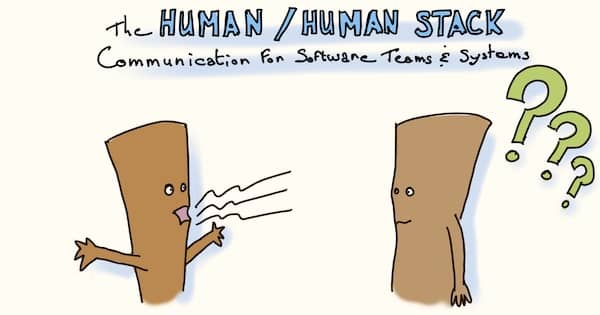Trying to explain monads in java
A few days ago, a colleague currently taking the coursera course about reactive programming in scala, asked me to explain him what monads are. It’s always a tough question, and I rarely manage to give un understandable answer simply. This time though, I kind of managed to pass him some understanding of monads :
- When modelising a statefull data structure with immutable constructs, one has to pass in and return the data structure state of every function
- This results in a lot repeated code to pass this state around
- With a monad, you can factorize this glue code and only write the ‘real’ code
I thought it might be a good subject for a java kata ! This is what I tried to do in java-monads-kata. Here is some sample monadic code from the kata itself :
@Test public void
pops_objects_in_reverse_push_order() {
monad = monad.
bind(push(A)).
bind(push(B)).
bind(pop());
assertEquals(B, monad.value);
monad = monad.bind(pop());
assertEquals(A, monad.value);
assertEquals(empty(), monad.stack);
}
You can have a look at all the final code, or go through the whole history to get the ‘kata’ feeling. It’s a shame Github does not offer a nice chronological repo history slideshow, for better experience, I recommend that you use Chrome with Github improved : this allows to view diffs right from the Github history.
The resulting code is still quite far from a Haskell monad :
- Functions are not first class objects in Java. It is written in Java 7, without lambda, which does not help neither.
- Java does not have Haskell type class polymorphism, but only supports OO polymorphism and very little covariance
- The whole monad thing, designed at simulating/isolating side effects has a WTF feel in Java where side effects are just everywhere
I’d love to hear some feedback about it.




Leave a comment